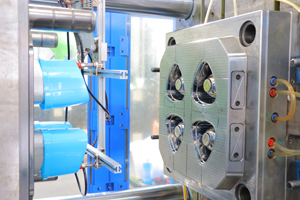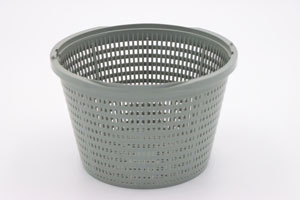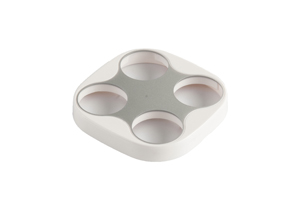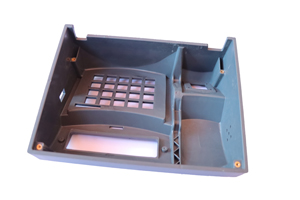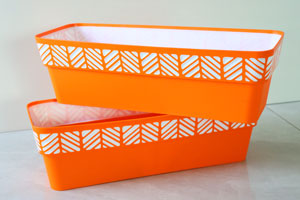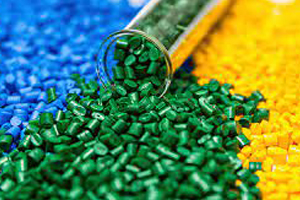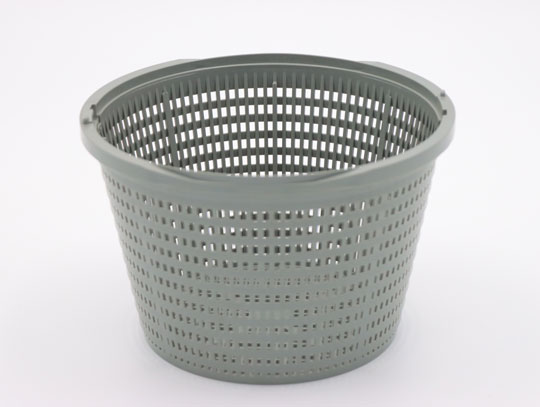The selection of injection mold materials is a very important part of the entire injection mold production process. The selection of injection mold materials needs to meet three principles. The injection mold meets the work requirements such as wear resistance and toughness, the injection mold meets the process requirements, and the injection molding mold should meet the economic applicability.
1. Injection molding molds require materials with good wear resistance
When the wear-resistant blank is plastically deformed in the injection molding mold cavity, it both flows and slides along the surface of the cavity, causing severe friction between the cavity surface and the blank, resulting in the failure of the injection molding mold due to wear. Therefore, the wear resistance of the material is one of the most basic and important properties of the injection mold. Hardness is the main factor affecting wear resistance. In general, the higher the hardness of the injection mold parts, the smaller the amount of wear and the better the wear resistance. In addition, wear resistance is also related to the type, quantity, shape, size and distribution of carbides in the material.
2. The injection molding mold must have high resistance to cold and heat fatigue
Some injection molding molds are in a state of repeated heating and cooling during the working process, which causes the surface of the cavity to be stretched and the pressure changes stress, causing surface cracking and peeling, increasing friction, hindering plastic deformation, reducing dimensional accuracy, resulting in injection mold failure. Cold and heat fatigue is one of the main forms of failure of hot work injection molds. Such injection molds should have high resistance to cold and heat fatigue.
3. Corrosion resistance of injection molding molds
When some injection molding molds such as plastic molds are working, due to the presence of chlorine, fluorine and other elements in the plastic, strong corrosive gases such as HCI and HF are decomposed after heating, which erodes the surface of the injection mold cavity and increases its surface roughness, aggravating wear failure.
4. Toughness requirements of injection molding molds
The working conditions of strong and tough injection molds are mostly very harsh, and some often bear large impact loads, resulting in brittle fracture. In order to prevent the sudden brittleness of the injection mold parts during operation, the injection molding mold must have high strength and toughness. The toughness of the injection mold mainly depends on the carbon content, grain size and organizational state of the material.
5. Fatigue fracture performance requirements of injection molding molds
During the working process of the injection mold, fatigue fracture is often caused under the long-term action of cyclic stress. Its forms include small-energy multiple impact fatigue fracture, tensile fatigue fracture, contact fatigue fracture and bending fatigue fracture. The fatigue fracture performance of an injection molding mold mainly depends on its strength, toughness, hardness, and the content of inclusions in the material.
6. The injection molding mold should have high anti-tempering stability
When the working temperature of the injection mold is high, the hardness and strength will decrease, resulting in early wear or plastic deformation of the injection mold and failure. Therefore, the injection molding mold material should have high anti-tempering stability to ensure that the injection mold has high hardness and strength at working temperature.

